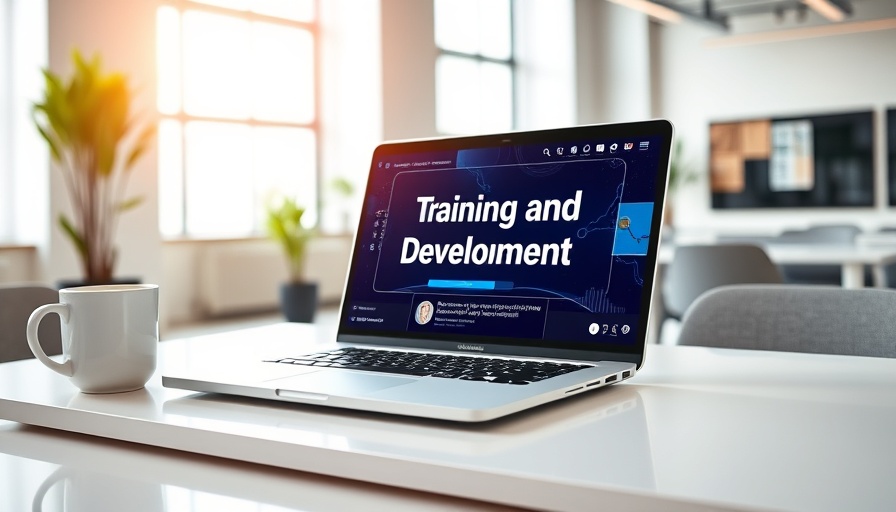
Understanding the Limitations of Traditional Hospitality Training
In the fast-paced world of hospitality, traditional training methods often miss the mark. Many programs are designed as one-off events that don’t account for the ongoing challenges that frontline workers face every day. Employees might absorb basic policies and procedures during a lengthy orientation, but these standard sessions rarely equip them for the unpredictable nature of customer interactions. As a result, service quality can suffer, leaving guests disappointed and affecting the reputation of restaurants and hotels alike.
Why AI Offers a Promising Solution
The infusion of AI into training programs represents a significant shift in how staff can be prepared for real-world scenarios. AI technologies can simulate lifelike interactions, providing employees with the chance to practice handling a myriad of customer service situations in a controlled environment. This real-time feedback allows for a more adaptive training experience, moving away from the static, one-size-fits-all approach that has dominated previous models.
Adapting Training for Diverse Learning Styles
Each employee comes to the table with varying levels of experience and preferred learning styles. Where traditional training might deliver a uniform lecture on customer service, AI can tailor interactions based on individual performance. This tailored approach can help ensure that every employee is both confident and competent when they face real customers, leading to better service outcomes.
Building a Culture of Continuous Learning
The hospitality industry is notorious for high turnover rates, which can lead to a constant cycle of hiring and training. However, by integrating AI in training processes, organizations can foster a culture of ongoing development. Employees who have the tools to learn continuously are more likely to feel valued and engaged, leading to increased job satisfaction and reduced turnover.
Impacts on Customer Satisfaction
When employees are well-trained, the ripple effects are felt throughout the establishment. Exceptional service enhances customer satisfaction, and as reviews become more critical in the digital age, maintaining a good reputation is imperative. Uplifted employee morale translates into improved service, supported by their preparedness for the high-pressure environments that define the hospitality world.
As restaurants and hotels navigate through increasing customer demands and technology advancements, the potential of AI in transforming training methods stands out. Embracing this technology is not just a matter of keeping pace; it’s about setting a new standard for service excellence. The future of training in hospitality is not just about teaching employees how to do their jobs but empowering them to excel in delivering unforgettable experiences.
 Add Row
Add Row  Add
Add 

 Add Row
Add Row  Add Element
Add Element 




Write A Comment